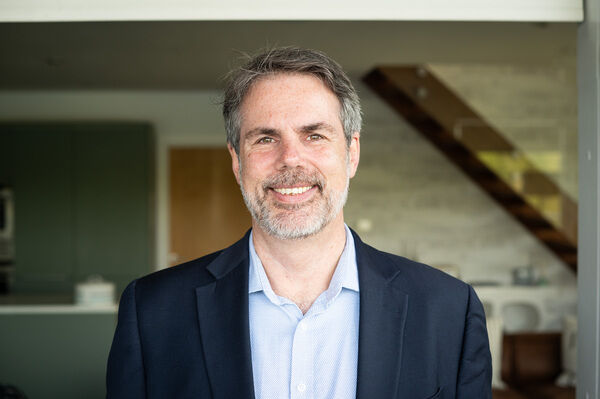A story of Courage in the workplace
by Guy EllisKen was a young, ambitious professional who had his sights set firmly on getting to the top of his profession. Promoted early, he had already moved companies to suit his life goals. In his mid-twenties he was offered and took an internal opportunity to move into a management role, working for the Director. However, within three months it became clear that his new boss thought that he had been promoted too quickly, was too close to his customers and was something of a ‘maverick’. Communications between Ken and his boss quickly broke down and became terse, implied pay increases didn’t happen and the promotion was delayed. Despite loving his new job, Ken started to hate going into work.
Recognising that he was unhappy, Ken stepped back and evaluated why. For Ken the issue was clear, he and his boss didn’t get on and while both of them were potentially to blame, his boss wasn’t interested to resolving the issue (he had tried). Ken then reflected on the issue and recognised that he wanted at this stage in his life was to gain as much experience as possible. The new role offered him that opportunity and while pay and promotion was important, in the longer term the experience would bring him that. He had two main choices – to stay and gain the experience he wanted or leave and start again elsewhere.
Ken gathered information on each choice. Talking to colleagues in other firms, his internal customers, recruiters, friends and family, he made a list;
• Stay - gain valuable experience in management and a new professional area; less job hopping on CV; love working with customers and receive a lot of respect; difficult working with my boss; paid well below market and internal rate – looking to buy a house soon; long term benefits but short term pain.
• Go - start again, probably back in my previous role; pay will be higher – house hunting can begin; better working relationships with my boss; have to develop internal credibility again with customers; may be difficult to get management experience quickly; short term benefits but the longer term uncertain.
The next thing that Ken did was to start to understand his audience, their motivations and what was important to them. In this case, his audience included his boss, his internal customers and the external recruitment market. He realised that his boss had previously been one of the youngest Managers in the industry, a title he now held, and while his boss had strong opinions within the team, he would do anything to avoid upsetting line and senior managers. His customers on the other hand loved what Ken was doing – they appreciated his ‘can do’ attitude and importantly, understood that working for his boss could be very difficult. Finally, the external recruitment market would not look favourably upon Ken moving so quickly into a new company – there was a huge disparity between his current role and his pay and if he moved back into his previous role, he would be considered a ‘failure’.
Having defined his issue, considered his goals and choices, gathered information and understood audience, Ken decided to stay.
Ken’s final step was to create a plan. Rather than simply accepting the poor working environment, Ken decided to take control and minimise his unhappiness by;
- Working with his customers to help resolve his pay and grade issues
- Spending less time in his office and more time with line managers
- Grabbing every opportunity to learn new skills and gain new experiences
- Regularly testing the recruitment market
- Keeping focused on his long-term plan.
Within six months Ken had been promoted following pressure from the Regional Head of the Business. Eighteen months later a reorganization bought Ken a new boss who gave him an immediate 30% pay rise. Twelve months after that, Ken was offered (and accepted) a role in another company, making him the youngest Director in his sector and with a salary that was three (yes three) times higher than what he was receiving when he figured that he was unhappy at work.
Was Ken courageous? Yes, he accepted poor working conditions because it was the right thing to do for him and his family.
Did he manage his situation to ensure he gained as much from it as possible? Yes, Ken recognised that having courage did not make him simply ‘accepting’ of what was done to him but that he had choices that came with associated consequences.
What choices can you make in your workplace?


